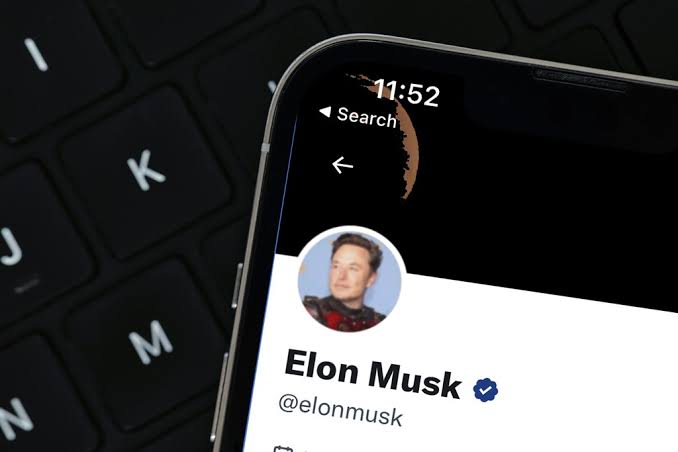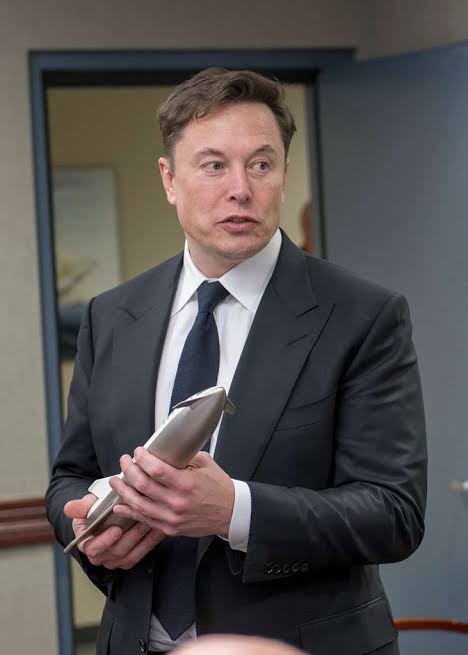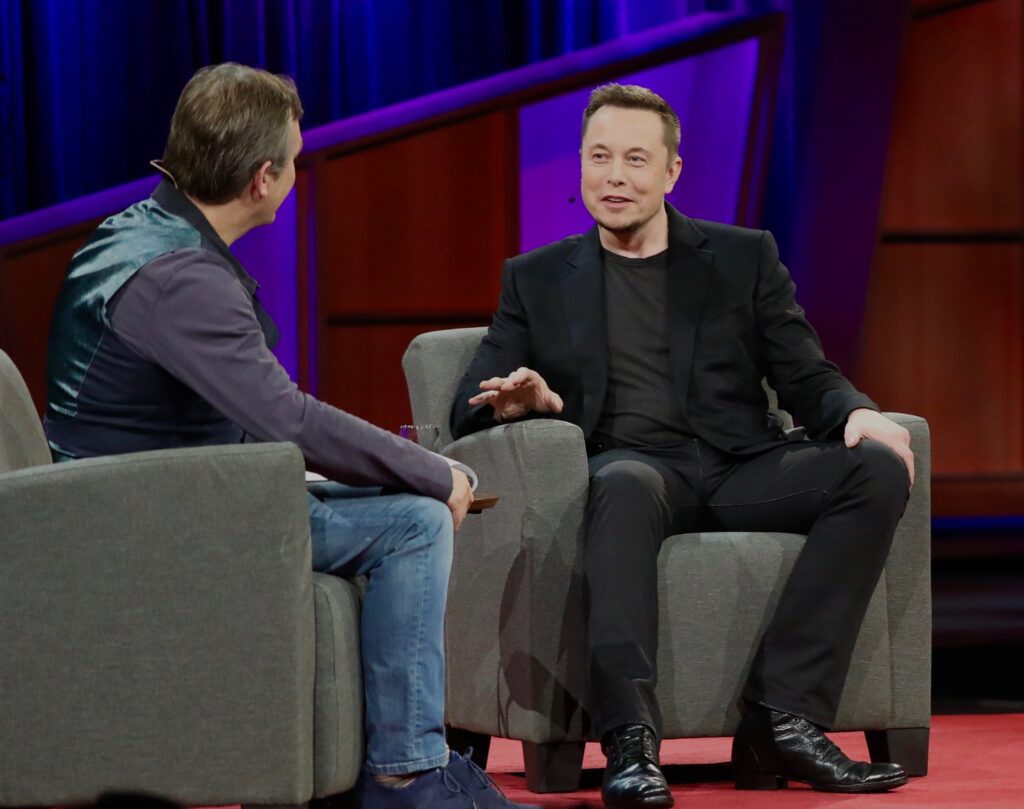In a dramatic twist for the digital world, Elon Musk’s social media platform X (formerly known as Twitter) experienced a series of unexpected outages on Monday, leaving thousands of users frustrated and sparking widespread concern across the tech community. According to data from Downdetector, the service disruption marked the platform’s third major outage in recent months, with user reports surging to over 9,000 at one point during the day. Amid the chaos, Musk attributed the malfunction to a “massive cyber attack,” suggesting that highly coordinated resources or even a nation-state could be behind the breach.
A Day of Unprecedented Disruptions
At approximately 9:00 a.m. ET on Monday, reports began pouring in from users encountering issues on X. Downdetector, a popular outage-tracking service, recorded an unprecedented spike in complaints as users struggled to access the app and website. Early on, about 58% of the reports cited problems with the mobile application, while 36% experienced issues on the website. The remaining reports detailed server connection difficulties that further compounded the frustration.
The outage pattern was erratic: initial reports of disruption seemed to subside temporarily, only for a second surge of complaints to occur around 1:59 p.m. ET, with another sharp increase noted by 3:00 p.m. ET. User comments ranged from brief observations—such as “Twitter is definitely having issues today”—to more detailed accounts of the ongoing problems. One user remarked, “I’ve been experiencing issues with X/Twitter; there are reports that there is an outage,” encapsulating the sentiment of thousands of others.

This series of disruptions, coming as it does on the heels of previous outages, underscores the volatile nature of even the most established social media platforms. For a service that billions rely on daily for news, communication, and business, such interruptions can have far-reaching consequences.
Elon Musk’s Blunt Response: A Cyber Attack
In a statement on the platform shortly after the outages began, Elon Musk addressed the issue directly. Musk explained that the service had been hit by what he described as a “massive cyber attack.” “We get attacked every day, but this was done with a lot of resources,” Musk tweeted. He went on to suggest that either a large, coordinated group or even a country might be responsible for the sophisticated breach, adding that efforts to trace the perpetrators were already underway.
Musk’s comments have ignited intense debate among cybersecurity experts, industry analysts, and everyday users alike. His assertion that the attack was executed with “a lot of resources” implies that this was not the work of ordinary hackers but rather a well-organized, high-caliber assault. In the realm of digital security, coordinated cyber attacks can be devastating, potentially exploiting vulnerabilities in network architecture and overwhelming defenses with sheer volume.
The platform’s repeated exposure to such threats has raised concerns about X’s cyber resilience and its ability to maintain service continuity in the face of increasingly sophisticated digital assaults. “Cybersecurity,” “hacking,” “server issues,” “outage,” and “cyber attack” now dominate discussions on social media and tech forums, as experts call for improved security protocols and better disaster recovery strategies.
The Impact on Users and Digital Communication
The ripple effects of the outage were felt far beyond the screens of individual users. Major airports in Florida, including Miami, Fort Lauderdale, Palm Beach, and Orlando, were forced to halt flights temporarily as authorities took precautions against potential falling debris—a safety measure triggered by the incident. Although the disruption to air traffic was short-lived, it underscored how interconnected our digital and physical worlds have become.

For everyday users, the outages meant disrupted communication, delayed work, and a general sense of uncertainty. Business professionals relying on real-time updates and social media for marketing found themselves grappling with significant downtime, while individuals using the platform for personal connection were left in the dark. The outage not only hindered access to news and updates but also affected industries dependent on social media analytics and digital advertising.
“Service disruption,” “user reports,” “digital outage,” and “communication breakdown” have since trended on search engines, reflecting the broad impact of the incident. In today’s hyper-connected world, even a short-term interruption on a platform as influential as X can cascade into widespread operational challenges and economic consequences.
Technical Insights: What Went Wrong?
While details remain under investigation, early indications suggest that the outage was linked to a failure in the Starship of digital defenses—an analogy that resonates with the term “massive cyber attack.” Experts speculate that the attack may have exploited vulnerabilities in the platform’s network infrastructure, particularly affecting its server clusters and database connections. When multiple servers begin to falter, maintaining system-wide stability becomes nearly impossible, leading to a domino effect of service interruptions.
The outage has brought renewed attention to the importance of robust cybersecurity measures. High-profile attacks often utilize techniques such as Distributed Denial-of-Service (DDoS) attacks, which overwhelm systems with excessive traffic, or more targeted intrusions aimed at exploiting specific software vulnerabilities. In this case, the scale and coordination implied by Musk’s statement suggest that the perpetrators had access to significant resources, potentially hinting at state-sponsored involvement or a well-organized hacker group.
For a platform that handles millions of transactions per minute and serves as a vital source of real-time information, ensuring resilience against such attacks is paramount. The incident serves as a wake-up call for tech companies across the board, emphasizing the need for continuous monitoring, improved encryption, and more agile response protocols to safeguard against future breaches.
Industry Reactions and Broader Implications
The repeated outages of X have sparked a wave of reactions from across the tech industry and beyond. Cybersecurity specialists are analyzing the incident, discussing everything from potential vulnerabilities in the platform’s code to the broader implications for social media security. Discussions on platforms like Reddit, LinkedIn, and Twitter itself have been rife with speculations about whether this attack could be a precursor to more widespread disruptions affecting other digital services.

Industry observers note that the frequency of these outages—now in its third major incident this year—raises serious questions about the sustainability of current cybersecurity practices on social media platforms. The debate has extended to regulatory bodies and government officials, with calls for stricter oversight and better reporting standards for digital security breaches. “Regulatory oversight,” “digital safety,” “cyber resilience,” and “infrastructure vulnerabilities” have become part of the conversation, indicating a growing public and governmental focus on protecting critical communication networks.

Moreover, investors and market analysts are watching closely, as prolonged service disruptions can have ripple effects on stock prices, advertising revenue, and user engagement metrics. The reliability of a platform like X is not only a technical issue but also an economic one, influencing decisions made by advertisers, investors, and business partners worldwide.
Moving Forward: Enhancing Cybersecurity and Restoring Trust
In response to the incident, the FAA-like regulatory oversight in the tech realm is urging companies like SpaceX and now X to invest in stronger cybersecurity measures. Elon Musk’s admission that the platform is constantly under attack—and that this particular assault was exceptionally potent—highlights the critical need for innovative defenses in the ever-evolving digital battlefield.
For X, restoring trust among its users will be a key priority. The platform’s ability to bounce back from such high-profile failures will depend on how quickly and effectively it can bolster its security framework. Musk and his team have already indicated that investigations are underway, with a focus on identifying the specific vulnerabilities exploited during the attack and implementing corrective actions.
Industry experts are calling for comprehensive audits of network security, advanced monitoring systems capable of detecting anomalies in real time, and better collaboration with cybersecurity firms and government agencies. “Network security,” “cyber defense,” “incident response,” “security audit,” and “corrective actions” are central to the ongoing dialogue about how to safeguard platforms against future attacks.
Additionally, the company is likely to engage in public relations efforts to reassure users and stakeholders that every measure is being taken to prevent recurrence. Transparency will be key; sharing the findings of the investigation and the steps taken to address them can help rebuild confidence in the platform’s stability and reliability.
Public Sentiment and the Future of Digital Communication
For millions of users, the outages are more than just a technical glitch—they represent a moment of vulnerability in the digital infrastructure that supports modern communication. Social media platforms like X have become integral to everyday life, influencing everything from news consumption and political discourse to personal relationships and business operations.

The current incident has left many questioning not only the security of X but also the broader stability of digital communication networks. As discussions about “cyber attacks,” “service disruptions,” and “platform outages” dominate social media feeds and news headlines, there is a growing recognition that digital safety must be a top priority in an increasingly interconnected world.
This incident, while disruptive, also serves as a catalyst for change. It underscores the importance of building resilient digital ecosystems capable of withstanding sophisticated attacks. As companies and regulators work together to enhance cybersecurity measures, there is hope that future outages will become less frequent and less disruptive.
In a world where digital platforms are the lifeblood of communication, ensuring their security is not just a technical challenge—it’s a societal imperative.
Conclusion
The recent outages on Elon Musk’s platform X, attributed to a massive and coordinated cyber attack, have sent shockwaves through the tech community and affected millions of users across the globe. From the initial spike in user reports on Downdetector to the subsequent disruption of air traffic in Florida, the incident highlights the vulnerabilities that even the most sophisticated digital systems can face. With key metrics showing significant issues on both the mobile app and website, this event is a stark reminder of the challenges inherent in maintaining a secure, reliable social media platform.
As investigations proceed and cybersecurity experts analyze the incident, the focus now turns to enhancing digital defenses, restoring user trust, and ensuring that similar disruptions do not occur in the future. The public, regulators, and industry stakeholders alike are watching closely as X undertakes the necessary steps to bolster its security framework. With discussions centered on terms like “cybersecurity,” “network security,” “service disruption,” and “digital resilience,” the hope is that lessons learned from this incident will lead to a more robust and secure platform.
In the meantime, as Elon Musk and his team work tirelessly to trace the source of the attack and implement corrective measures, users are reminded of the critical role that digital platforms play in our daily lives—and the importance of safeguarding these systems against ever-evolving threats. The journey to a safer, more reliable online environment is ongoing, and every setback is an opportunity to learn, adapt, and innovate.
Ultimately, while the recent outages have posed significant challenges, they also serve as a call to action for the entire tech community to prioritize cybersecurity and resilience. As we move forward, the lessons from this incident will undoubtedly shape the future of digital communication, ensuring that platforms like X can continue to serve as vital tools for connection, expression, and progress in an increasingly digital world.











One thought on “X Suffers Massive Outages: Elon Musk Blames a Coordinated Cyber Attack on the Social Media Giant”